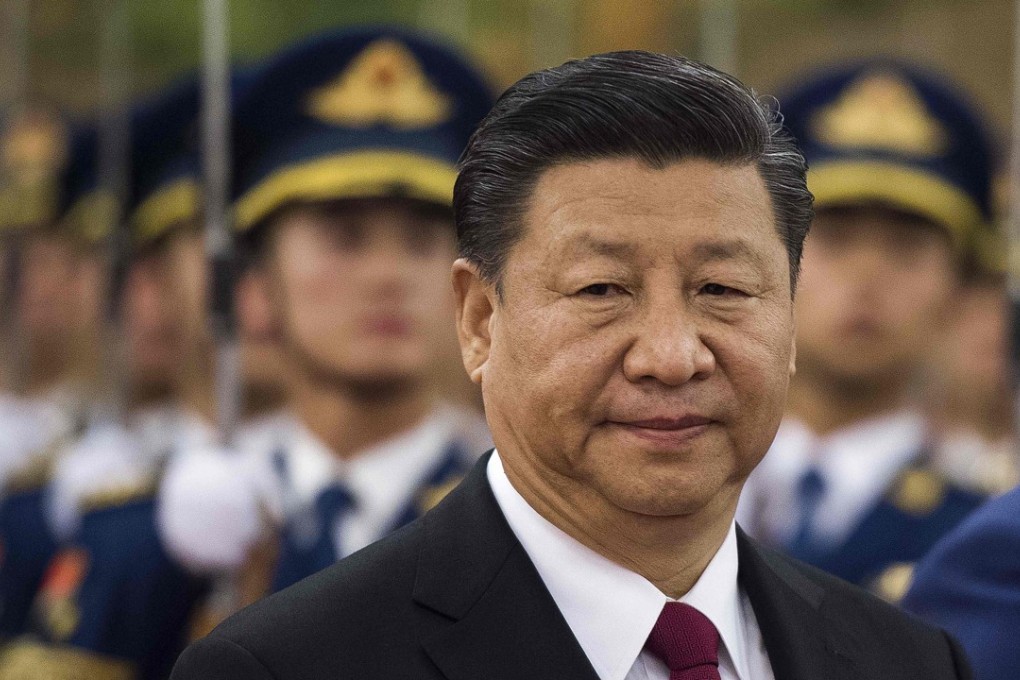Why Xi Jinping is once again letting China’s military have a direct link to local authorities
Officers from the armed forces are resuming seats on local Communist Party standing committees, signalling a big shift in confidence at the top

The announcement was just a simple, one-line statement in the official Hubei Daily.
With little fanfare, it said “Comrade” Ma Tao would be a member of the standing committee of the Hubei branch of the Communist Party.
It coincided with a flurry of similarly brief announcements in official media across the country, from Liaoning in the north to Anhui in the east.
But while the statements may have seemed small, they were a big signal from the top. They were a subtle but significant sign that Chinese President Xi Jinping had the confidence to let the armed forces once again forge links with local civilian authorities following an anti-graft campaign and a sweeping restructure of the military.
Why China’s armed police will now only take orders from Xi and his generals
Party standing committees are the main decision-making bodies of any administration in China and the military has long had a presence on them at all levels. The practice dates back to the 1950s when then-defence minister Peng Dehuai suggested that officers from the People’s Libration Army (PLA) join government meetings to improve coordination between military and civilian affairs.